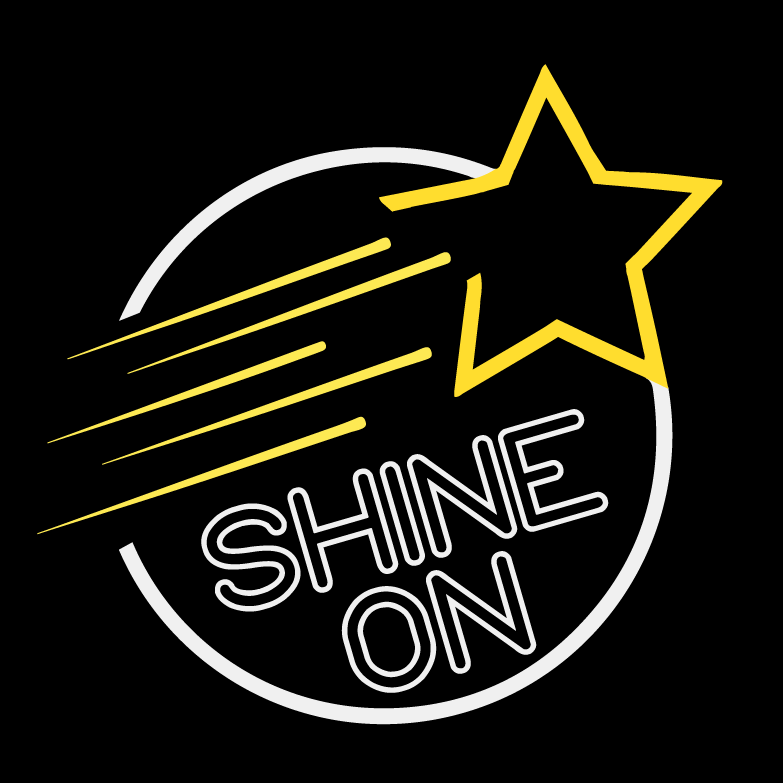THIS IS LORELEI - BOX FOR BUDDY, BOX FOR STAR (DELUXE) - DOUBLE DOUBLE WHAMMY
The Deluxe edition of This Is Lorelei’s breakthrough album Box for Buddy, Box for Star, is out now via Double Double Whammy. For the Deluxe, prolific NYC artist Nate Amos’ (Water From Your Eyes, My Idea) recruited friends and family to collaborate on new versions of songs from the record, including the previously released “Dancing in the Club (MJ Lenderman Version)” and “Two Legs (Snail Mail Version)", as well as a rendition of album opener “Angel’s Eye” by Amos’ father and sister, Bob & Sarah Amos.
Box For Buddy, Box For Star was one of last year’s most critically acclaimed albums, landing on Best of 2024 lists at Rolling Stone, Pitchfork, The FADER, Stereogum, Paste, Billboard, Alternative Press and more.
This Is Lorelei’s tour in support of the album continues, with US dates with MJ Lenderman starting this week, Europe and UK dates in May, as well as a recently announced headline show show at New York’s Knockdown Center on July 19th featuring support from Greg Freeman, FearDorian & Dirt Buyer.
